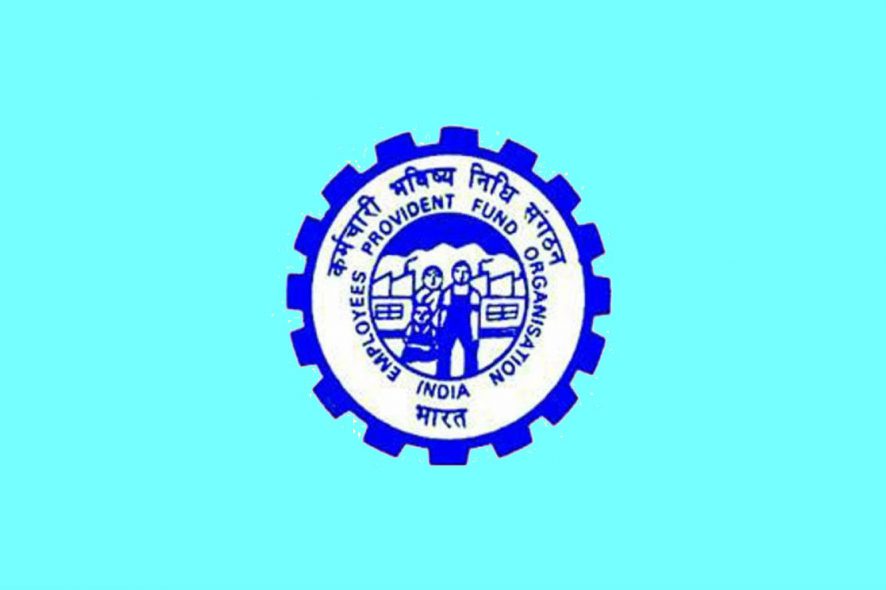An official looking circular has become viral on social media which states that the government has announced a package to employers under Pradhan Mantri Garib Kalyan Yojana, wherein the the government will contribute 24% of the employee and employer provident fund share per month for three months to PF accounts of employees earning less than Rs 15,000 to tide over the impact of Covid-19 on small establishments having less than 100 employees. The circular was signed by the regional PF Commissioner of Guntur, Andhra Pradesh. The details of the circular being circulated widely on social media are given below:
EMPLOYEES’ PROVIDENT FUND ORGANISATION
(Ministry of Labour & Employment, Government of India)
Regional Office: 3rd Lane, Krishna Nagar, Guntur-522006. A.P.
No. AP/RO/GNT/LOCK DOWN ECR/2020
DT. 01.04.2020
IMPORTANT NOTICE
As you may be aware the Central Government has announced a package to employers under Pradhan Mantri Garib Kalyan Yojana wherein “Payment of 24% of wages of workers in their EPF Accounts by Government in respect of the establishments which have employed less than 100 employees and 90% of employees working in such establishments are drawing less than Rs. 15000 wages” is also included.
In this confection it is informed that,
(i) The benefit of crediting of 24% of wages to the PF Accounts of workers will only be given to such establishments where 100% KYC is completed,
(ii) Where salaries have been paid to the workers by the employers for the lock down period duly filing ECR for the same period and where a declaration is given about number of excluded employees and
(iii) The declaration of excluded employees is optional till now but to avail the said benefit it is now mandatory.
(iv) A provision is also made for sanction of advances under Para 68 (L) of EPF Scheme – wherein any member of this Scheme employed in any establishment or factory located in an area declared as affected by outbreak of any epidemic or pandemic by the appropriate Government, can apply for a non-refundable advance from the provident fund account of such member not exceeding the basic wages and dearness allowances of that member for three months or up to seventy-five per cent of the amount standing to his credit in the Fund, whichever is less.
Hence, you are requested to note the above information and also intimate all the employees’ engaged in your establishment to take advantage of the above provisions.
(KUNDAN ALOK )
REGIONAL P.F. COMMISSIONER
GUNTUR
The circular draws its authority from a scheme announced by the Central Government under the Employees Provident Fund Organisation (EPFO). On checking the official website of the EPFO (epfindia.gov.in), under the tab of COVID 19, there are three pdfs which confirm that what is mentioned in the circular viral on social media is indeed true.
The first circular is a press release dated 26th March, 2020 confirming that the government will contribute 24% of the employee and employer provident fund share per month for three months to PF accounts of employees earning less than Rs 15,000 to tide over the impact of Covid-19 on small establishments which have less than 100 employees and where 90% of the employees earn upto Rs 15,000 per month.
The second pdf is a set of frequently asked questions about the new scheme which includes questions such as what is the objective of the scheme and the quantum of relief under the scheme. The final pdf deals with the procedure of availing benefit under this scheme.
Therefore, we can safely conclude that viral circular on social media is not fake. It flows from the parent circular released by the government of India on its official website. The regional commissioner of Guntur has notified the same provisions for the beneficiaries in his region with relevant details regarding eligibility.



